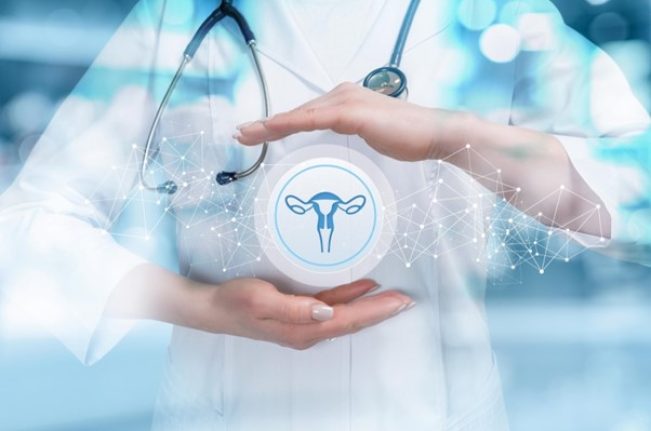Pelvic inflammatory disease (PID) is a serious infection that affects the female reproductive system. If left untreated, PID can cause significant damage to the reproductive organs, leading to long-term complications such as infertility and an increased risk of ectopic pregnancy. In this article, we will discuss how PID affects fertility and pregnancy, and the associated risks.
PID can cause scarring and damage to the fallopian tubes, which are responsible for transporting the egg from the ovary to the uterus. This damage can result in the tubes becoming blocked or partially blocked, making it difficult for the egg to reach the uterus for fertilization. In some cases, the damage may also affect the ability of the fertilized egg to implant in the uterus, leading to a failed pregnancy.
The risk of infertility is higher for women who have had multiple episodes of PID or a severe case of the infection. According to the Centers for Disease Control and Prevention (CDC), approximately 1 in 8 women with PID experience difficulty becoming pregnant.
PID also increases the risk of ectopic pregnancy, a potentially life-threatening condition where the fertilized egg implants outside the uterus, usually in the fallopian tube. Ectopic pregnancies are not viable and require immediate medical attention. Women who have had PID are at an increased risk of experiencing an ectopic pregnancy, as the damage to the fallopian tubes makes it more difficult for the egg to reach the uterus.
Pregnancy can also be more complicated for women who have had PID. The infection can cause scarring in the uterus, making it more difficult for the uterus to expand during pregnancy. This can increase the risk of preterm labor, miscarriage, and other complications.
In addition, women who have had PID may be at increased risk of developing other reproductive health conditions, such as endometriosis and ovarian cysts, which can also affect fertility and pregnancy.
In conclusion, PID can significantly impact fertility and pregnancy, increasing the risk of infertility, ectopic pregnancy, and other complications. Women need to seek prompt and effective treatment for PID to reduce the risk of long-term complications. Women who have had PID should work closely with their healthcare providers to monitor their reproductive health and address any concerns about fertility and pregnancy.
